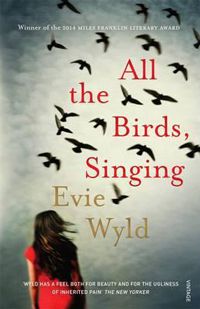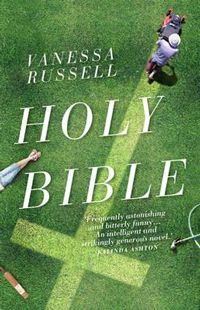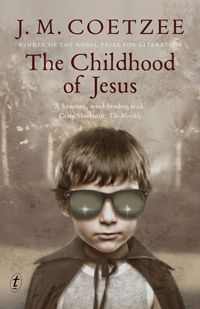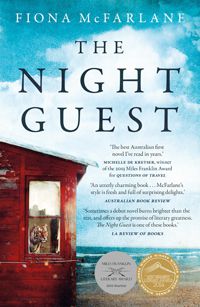The five books I’ve read most recently have all been penned by Australian authors.
Although I read as widely as I can, I do love Australian literature for its form and lyrical language. Generally speaking, there is a lightness about Aussie prose (even when it’s at its most brutal) which plays on the senses in a particular way that I would loosely coin as immediacy. Staying away from explanation and living in the realm of description – like poetry – Australian writing is a live wire of synchronised details that build to a form, and then a labyrinth of narrative.
Of course, in the end, I read Australian novels for the same reasons that I read any book: for pleasure, education, indulgence and compulsion.
by Evie Wyld is a wonderful example of what I mean by an Aussie sensibility to telling a story. Poetic in nature it dances in the brain rather than sits, and, like most good writing, the prose and the plot are perfectly in tune. Mercurially, the incidents – often depicted ephemerally in the story – play out as time wends its way backwards. The entire book evolves rather than tells, reminding me of unwrapping a surprise that has been covered in multiple layers.
by Christos Tsiolkas has a rhythm that beats like a drum at the centre of a young man’s heart. Repetition is used to perfect this internal call to arms against racism, class-division and self-deprecation. The prose takes aim and slaps you about – a wonderful thing for a book to achieve. Nothing is shunned; everything, despite its hugeness, is exposed on the page to be faced. This is not a book for the shy.
by Vanessa Russell is a diorama into a world no less full for its tininess. In fact, that is what makes this novel so extraordinary – that on the stage (literally) of their lives, Russell creates the realisation that the people inside this small clan – unmercifully depicted by her – have agency that we on the outside would simply dismiss. It brings out the true concept of a big fish in a small pond. Standing out for its humour and grace, its telling and insight, it splashes across the frontal lobe.
by JM Coetzee (a writer whose work goes a little against my Australian trend, perhaps because of his origins in South Africa) is flat on the page, like a pancake in the face. It relentlessly and seamlessly deals out its harsh concerns with a dry, pared-back tone. Message-rich almost because of its lack of emotive language rather than the other way around, it achieves its brutal reality without excuse. Reading this Coetzee novel means entering a world that we have few signposts for but recognise nonetheless.
by Fiona McFarlane is an exquisite portrait of what can happen when an elderly person goes unchecked while slowly acquiring dementia. It’s a roundabout perpetual trail of deepening trouble, of menace and disturbing truths about ageing. How excellent that the reader can be put in the strange spot of not always knowing how to judge the reality of a character’s circumstance or capacity. This book manages to be intriguing and unnerving all at once.







